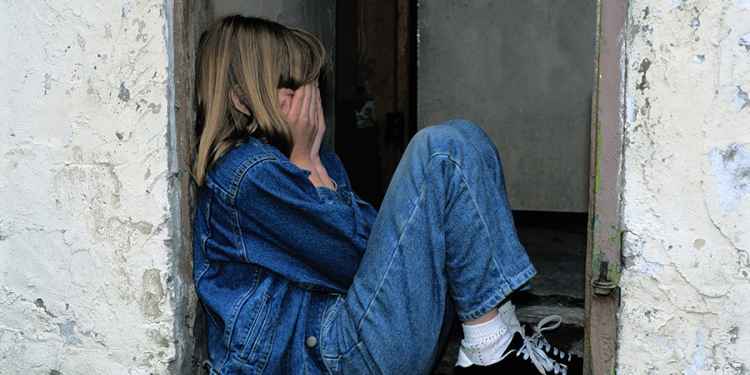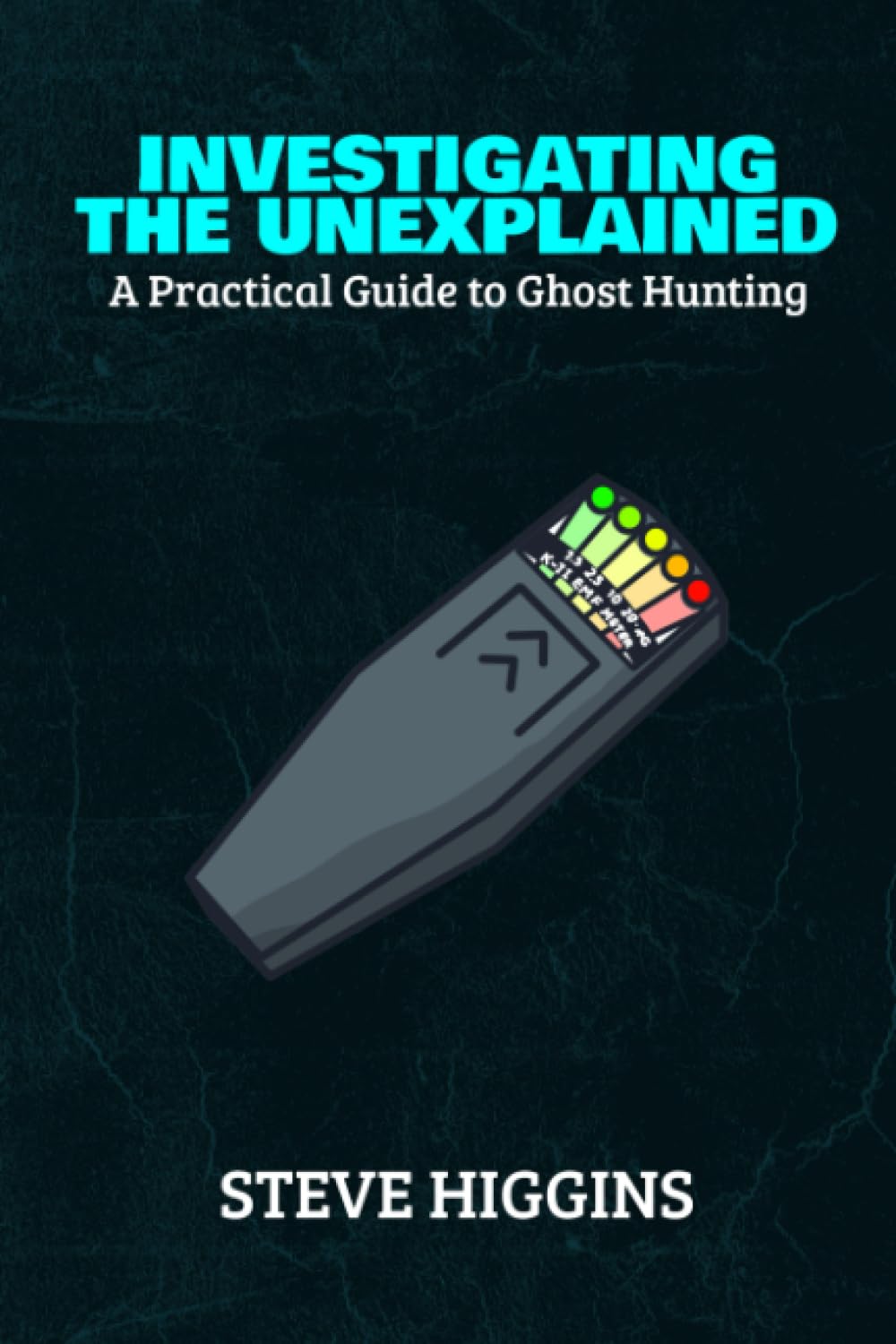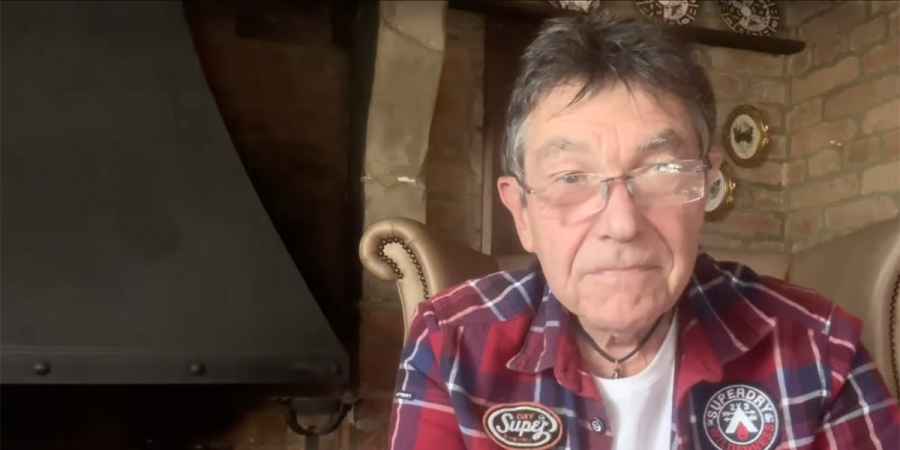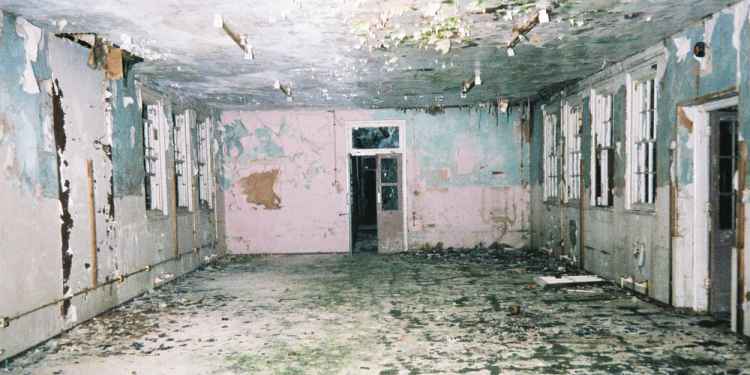
Photo: pixabay.com

Photo: pixabay.com
This page is more than six years old and was last updated in June 2024.
It's not uncommon for a child to surprise its parents by turning to an empty corner of a room and starting a conversation with an invisible presence. Why is it that young children can see something that adults can't? Are these encounters genuinely examples of the paranormal or nothing more than an imaginary friend?
You may have seen your own child playing on their own, perhaps chatting away or laughing to themselves, and when you ask them who they're talking to, they simply answer "the old man" or "the little girl." Most parents would conclude that the child has an imaginary friend, but could their playmate actually be the spirit of the deceased, perhaps a loved one or someone who used to live in your house.
Any parent experiencing this is not alone, the phenomenon is really common. One mother who experienced this said, "when my daughter was three, we went on holiday to Wales and stayed in an old house. My daughter said there was a man with a dirty face in the bedroom every night. Once we got home I enquired with the current owner and it turns out that the previous owner was a local miner. I asked my daughter if she'd seen the man since we got home, she said, 'no, because that was his bedroom and this is my bedroom'."
The belief within the paranormal community is that children and even babies are much more sensitive to the paranormal. It's said that this is because they are more open-minded as they don't have the mental barriers we develop as adults due to exposure to popular culture and the opinions of the general public. Some people go as far as to say that when we're born we all have a sixth sense or sensitivity to the spirit world, which diminishes as we grow older, more cynical and more disbelieving of the paranormal.
Of course, it's not just children that claim to be able to see ghosts and communicate with spirits. Plenty of adults report ghost sightings too and psychic mediums make a living out of communicating with the spirit world. Most clairvoyants will tell you that in order to see or hear a spirit you need to be open-minded, non-judgmental and free of skepticism, this is exactly what a child's mind is like.
Kids seeing ghosts isn't really anything to worry about, in most cases the children aren't scared by what they see. They'll either treat the experience as completely normal or they'll simply be curious of it. However, some children can sometimes find these encounters scary or threatening.
If your child seems fearful of something that you can't see, then no matter what you believe, don't just write it off as their imagination. A young child isn't capable of expressing themselves in the same way an adult can, so we can never really know what they are experiencing.
However, you can help the child to face and overcome its fears. You could start by calmly sitting the child near to the location they have seen the ghost. Ask them if they can actually see the figure or person at that moment. Ask the child what they think the ghost wants and what it is about the presence that scares them. It's also suggested that asking the child to draw what they see may help.
After this you should suggest that they speak to the ghost and ask it to leave them alone. You can help out too by telling the spirit that it is scaring your child and that it should go away. Whether you believe the ghost is a figment of your child's imagination or genuine paranormal activity, asking it to leave can often work. Either through positive reinforcement working on a mental level like the placebo effect, or through the act of calling out to the spirit and making a request for it to move on.
If you are trying to directly call out to the spirit and ask it to leave, then you should draw on your own spiritual strengths or beliefs. Be firm and be polite when asking that the entity leaves the environment. Avoid provoking or angering the spirit and thank them for their cooperation in leaving.
This method worked for one mum, she recalled that when her son was four-years-old they could hear him awake late at night talking. She said, "he told us that 'the old man' keeps coming in to his room and talking to him." The problem with this was that her son was always tired the next morning. She said, "we told our son that next time the man came he should tell him that he is only a little boy and needs to sleep because he has to go to school."
Apparently, the next time the old man visited, the boy told the him he couldn't play. After that, the ghost stopped by occasionally to simply say 'hello', but didn't hang around to chat and eventually his visits became less frequent until the fizzled out all together.
As well as asking the spirit to leave, it may also help to place some protective items in the child's room, this could be anything from toys that make them feel safe through to Evil Eye decorations or religious items, and of course don't forget the benefits of a good night light.
If this doesn't help and your child is still scared by the presence, then you may want to consider consulting a skilled professional to help deal with the matter. Again, depending on your beliefs, this may be someone of a spiritual background or a child psychologist.
As there isn't any scientific evidence one way or the other that proves that children are more capable of seeing ghosts than adults, what's actually going on here? Are these children really seeing something the rest of us can't? Or is it just an imaginary friend? After all kids' imaginations aren't limited by the social and physical rules of the adult world.
One common thing many children with an active imagination believe to be true is that there are monsters hiding in their closets. Adults on the other hand, have grown out of such notions, the idea of a monster in the closet is nonsense to most. So, when a child tells their parents that they've seen a monster in their bedroom, they dismiss it.
However, while adults generally don't believe in monsters, many do believe in ghosts. It could be for this reason that when a child reports seeing a ghost to a parent who believes in the paranormal, they take it as fact, whereas it's actually just the normal behaviour of a young child.
Psychologist believe there is a reason why children might behave in this way and it's down to how or cognitive processes develop. Between the ages of two and seven, children are in a stage of development known as the "preoperational stage." During this stage, children begin to engage in symbolic play and learn to manipulate symbols, but they're not yet capable of logic, instead they imagine and pretend.
This might explain the behaviour of toddlers, but what about babies who are too young to talk about what they can see? Parents often share stories of seeing their baby's eyes focus on something that's not there, seemingly following this invisible object around the room. This is also quite common and as well as simply looking, they'll giggle and even smile although nothing is there.
Well, in this case it's a well known phenomenon that babies can see something that adults can't. When infants are just three to four months old, they see things very differently to adults. With their visual acuity improving, they start to develop an interest in the tiny details that they are beginning to notice for the first time.
An adult's brain filters much of this detail out deeming it to be irrelevant, giving us a more perceptive overview of the bigger picture. It's called "perceptual narrowing" and it's a normal part of the development of the brain. Our brains are simply learning what details are important to notice.
After the age of about five months, babies lose this heightened vision as they become accustom to their visual acuity, but it's at around this age that babies start to practise their communication skills, which means it's common to see them chatting away to someone who isn't there.
That all makes sense, but what about when a child describes in detail seeing something or someone that they could have no knowledge of? For example a child might see a ghost wearing monastic clothing without any knowledge of their once being a monastery at that location.
Similarly, one mother described her daughter's experience with a ghost in their home. She said, "for the last 12 months my daughter's had an imaginary friend. She's told me his name and what he looks like. I found out from a neighbour that the name and description match that of the previous owner of our house, who took his own life here."
Is this merely a coincidence or supernatural forces at play? Due to the elusive nature of ghosts and given that we'll never know exactly what underdeveloped children are experiencing, we may never know for sure.
Further Reading
Dive into the world of the paranormal and unexplained with books by Higgypop creator and writer Steve Higgins.

Whispers From The Other Side
A guide to capturing and analysing EVPs for ghost hunters of all levels, covering techniques and theories.
Buy Now
Investigating The Unexplained
Practical advice on conducting paranormal investigations and uncovering the unexplained.
Buy NowMore Like This

Haunted BritainDecember 25, 2024
2024's Most Popular Paranormal Hotspots In The UK

GamesNovember 28, 2024
Can You Match These Famous Ghosts To Their Haunting Grounds?

HalloweenOctober 30, 2024
Richard Felix Shares A Collection Of Modern Ghost Stories For Halloween

ParanormalOctober 20, 2024
My First Ever Ghost Hunt: 20 Years Ago This Halloween Night
 See More on Audible
See More on Audible
Comments
Want To Join The Conversation?
Sign in or create an account to leave a comment.
Sign In
Create Account
Account Settings
Be the first to comment.